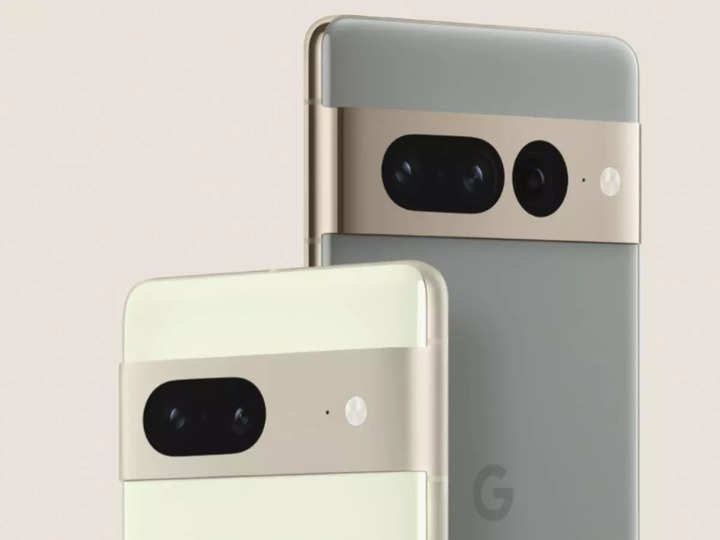
google launched the Pixel 7 and Pixel 7 Pro earlier this month and as per company CEO Sundar Pichai, the smartphones have received a great response. The phones brought many firsts such as camera tricks that use AI and machine learning to fix images. The recently-launched flagships have now become the first android smartphones to support only 64-bit apps. Here we explain how this standard will help consumers.
Google started introducing 64-bit support in 2014 and subsequently announced policy changes in 2017. Google made it mandatory for Google Play apps to offer 64-bit support starting 2019. The standard reduces memory usage, improves performance and enhances security. “Over time, we expect this device configuration to become commonplace,” Google says.
Faster operations
All 64-bit apps run faster because they have access to extra registers and instructions that are not available to 32-bit apps. Google says that the newer CPUs in the Pixel 7 series of smartphones deliver up to 25% better performance when running 64-bit code.
Better security
All 64-bit apps have bigger address space, which makes “defenses like ASLR more effective and the spare bits can be used to protect control flow integrity.” This essentially reduces the chance of an intruder to take control of a device and eventually help improve security.
Less memory usage
Usually, a regular user has various apps running in the background. Google says Android removing support for 32-bit code saves up to 150MB of RAM, which was used by the OS even when not running 32-bit apps. The memory savings result in fewer background app kills.
Faster OS updates for vendors
64-bit-only device configurations halve the Compatibility Test Suite (CTS) testing time, the company says. This means that it will take OEMs such as Samsung, Xiaomi, OnePlusamong others to offer updates to their devices faster and more easily.
Better tools for developers
Developers targeting 64-bit have access to better tools which will help them improve the quality of an app and offer better app support to consumers.
“Thanks to the efforts and collaboration of the entire Android community, our ecosystem is ready. Transitioning Android devices to 64-bit-only required many changes across the platform, tooling, Play, and, of course, your apps,” Serban Constantinescu, Product Manager, said in a blog post.
The company has asked developers to start “paying extra attention to testing their apps and updates for 64-bit-only devices.” The 32-bit-only devices will continue to support apps on Android Go, Android TV, and Android Wear.
FacebookTwitterLinkedin
.